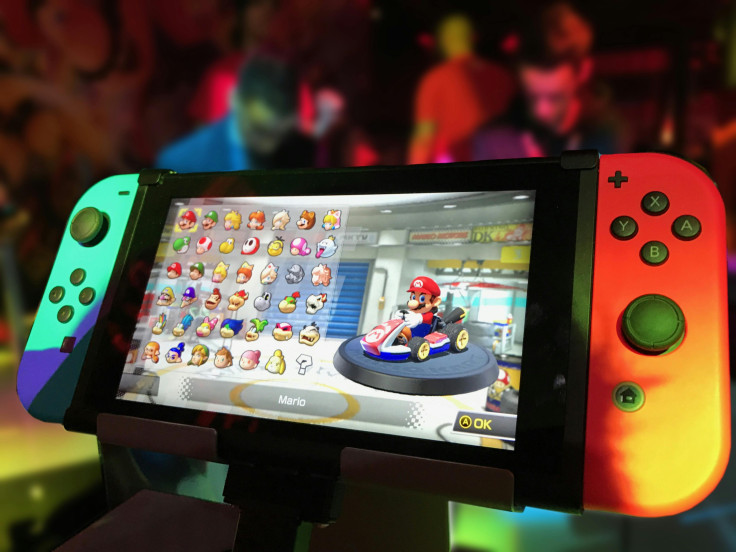
In a significant legal challenge for the gaming titan, a new lawsuit has alleged that Nintendo's highly anticipated Switch 2 is 'bricking' for some users, raising concerns and questions among gamers worldwide.
Known for its aggressive approach to protect its intellectual property, Nintendo is frequently pursuing legal action against individuals and other developers for piracy, hacking, or perceived infringements.
However, the situation has now shifted, with Brazil's consumer protection agency, Procon-SP, taking a firm stance against Nintendo's recently disclosed ability to 'brick' consoles at will.
Brazil Challenges Nintendo's 'Bricking' Power
New reports have revealed that Nintendo's intention to block Nintendo Switch 2 consoles from all online services if third-party modifications are detected.
While these actions already came as a surprise to many players, it soon became apparent that consumers purchasing Switch 2 consoles from the second-hand market were encountering these 'bricked' devices. These affected consoles displayed 'Error Code: 2124-4408' and were completely unusable.
Brazil Accuses Nintendo of Abusing Law with Switch 2 Bricking
On 25 June, Procon-SP, the São Paulo branch of Brazil's Consumer Protection and Defence programme, issued a press release calling for Nintendo to amend its end-user license agreement.
Procon-SP initially stated that it 'notified Nintendo requesting changes to clauses considered abusive in contracts signed with Brazilian consumers. The main complaint involves the unilateral and unjustified cancellation of subscriptions to the company's services.'
Procon-SP contends that Nintendo violates consumer protection laws by cancelling subscriptions and blocking access to online services, including the eShop. While Nintendo asserts that console 'bricking' only occurs when pirated software is detected, the power to do this to customers who have already paid for their Nintendo Switch 2 and its associated services is a major concern for Brazilian representatives.
This legal battle highlights Nintendo's evolving relationship with its consumers, a journey that began over a century ago. So, when exactly was Nintendo founded, and how did a company that started with playing cards become a dominant force in the global video game industry?
Nintendo's Genesis: A Long and Winding Road
Nintendo journey from once humble card manufacturer to evolve into a global entertainment powerhouse today is remarkable.
Fusajiro Yamauchi started a small business in 1889, creating 'Hanafuda' (flower cards) in Kyoto, Japan. Then, in 1902, Yamauchi began producing the first Western-style playing cards in Japan. Initially intended for export, these cards quickly gained popularity both in Japan and worldwide.
Nintendo's official 'About Us' section states that the company developed and released the coin-operated video game, Donkey Kong, in 1981. This game rapidly became the highest-selling individual coin-operated machine in the industry.
The Nintendo Entertainment System (NES), launched in the United States in 1985, quickly became a massive success. Decades later, in 2017, the Nintendo Switch system arrived, bringing with it hugely popular titles such as Super Mario Odyssey and The Legend of Zelda: Breath of the Wild.
In 2019, the Nintendo Switch Lite system debuted. This compact console, specifically designed for portable gaming, supports all Nintendo Switch titles compatible with handheld mode.
Nintendo's Enduring Legacy
From its beginnings as a Hanafuda card maker in Kyoto to becoming a global gaming powerhouse, Nintendo's journey has been marked by innovation, adaptation, and occasional controversy.
The current legal challenge in Brazil over the Switch 2's 'bricking' policy serves as a modern test for a company with a rich history of navigating change.
As Nintendo responds to these new demands, its ability to evolve while staying true to its core will undoubtedly shape its path forward in the ever-changing world of entertainment.







